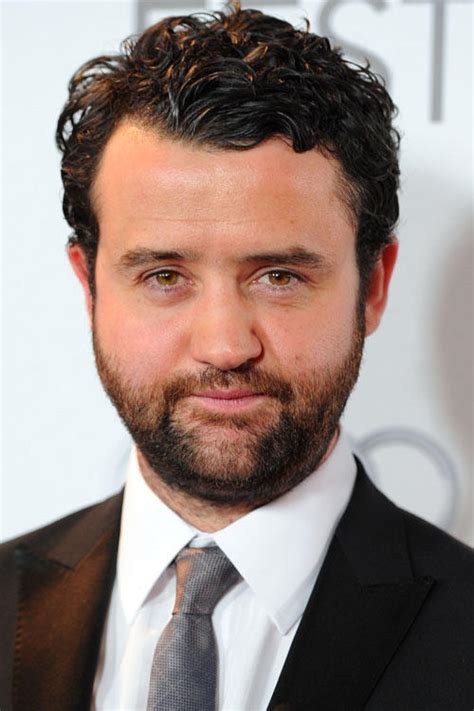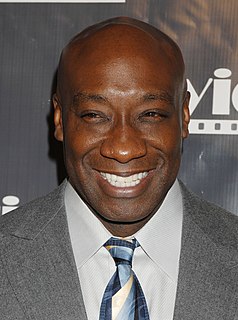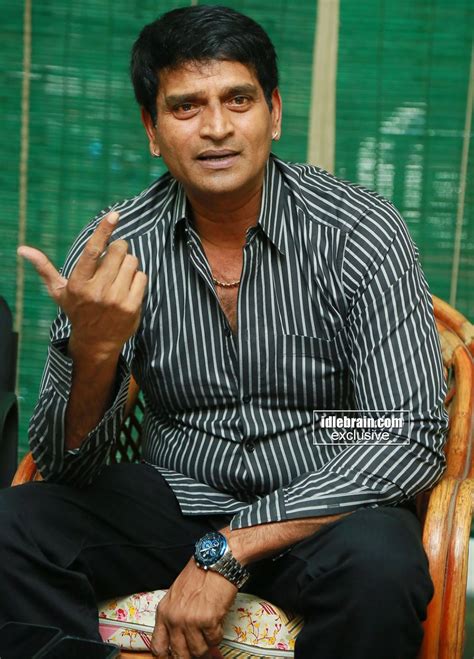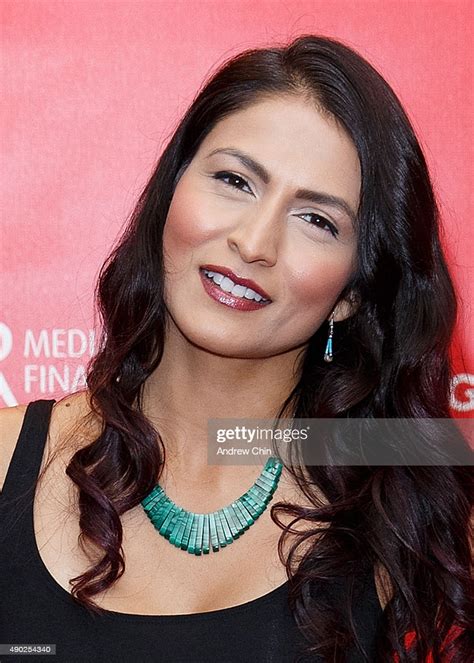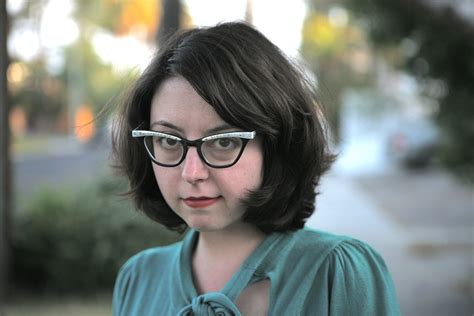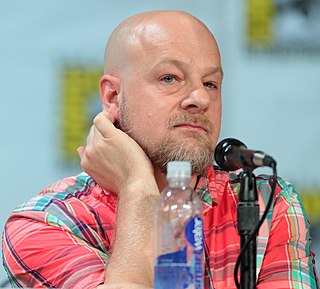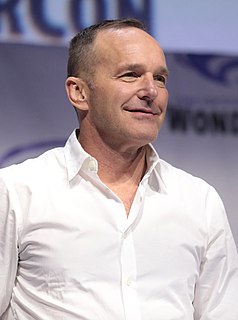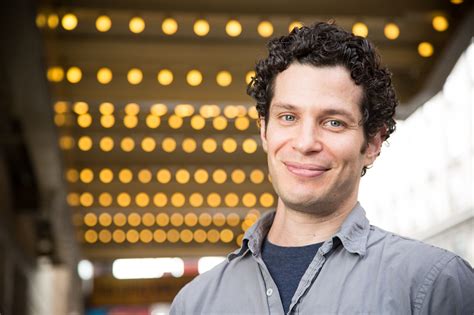A Quote by Dave Filoni
As the director, to have the opportunity to work with actors of the calibre of David Oyelewo is just fantastic and special.
Related Quotes
Every film you work on is different, and that's part of what it's like for anybody who works on a film, is to learn how to work with others. Learn from top to bottom. Actors have to learn how to work with the director and the director has to learn how to work with actors, and that's not just those two departments.
I think that what's important as a director is to give your actors the feeling that they're protected, the feeling of confidence, the feeling that if they make mistakes, then as a director, you'll know how to help them. If you're able to convey that, then the actors will give you wonderful performances. As well as the author, you have to write scenes that give the actors the opportunity to show what they're capable of.
Yes, there was a massive difference between their styles. David is a very technical director and Chris is an actor's director, in the sense of emotion. With David, he's done horror films, so Eclipse is much darker, whereas I found New Moon really light and poetic. I didn't have as much interaction with David because the casting process was already done.
There's a fantastic, thousand-page book by David Thomson about [David O. Selznick]. Again, it's not the best argument or the best advertisement for his story, because most people aren't going to read a thousand-page book. But I feel like the rise and fall and the work [Mayer] produced - not just the movies, but the memos, the volume of writing - he's just so passionate, and that's really exciting.
Your actors need to trust you as a director, but normally, I think you just need to have an open communication between the actors and the director. I think the director needs to really paint his or her vision to the cast and let them know the kind of mood that he or she is making. I think that's very important.
One of the challenges of being a director is often you don't get to work with your peers. You know, writers can write together, and as a director you get to work with so many wonderful actors and writers and designers. But it's pretty rare that you get a chance to partner in that way with another director.

